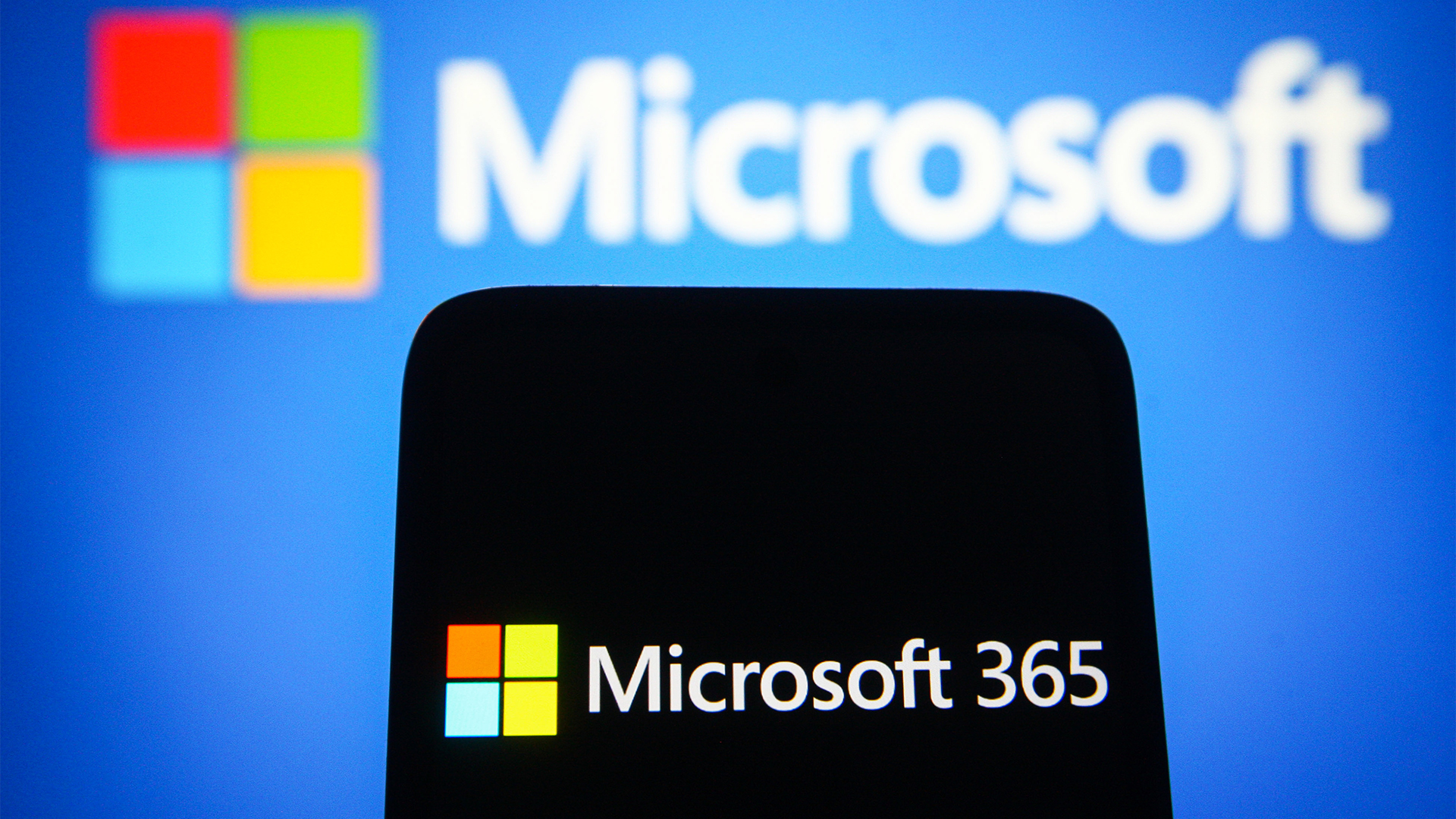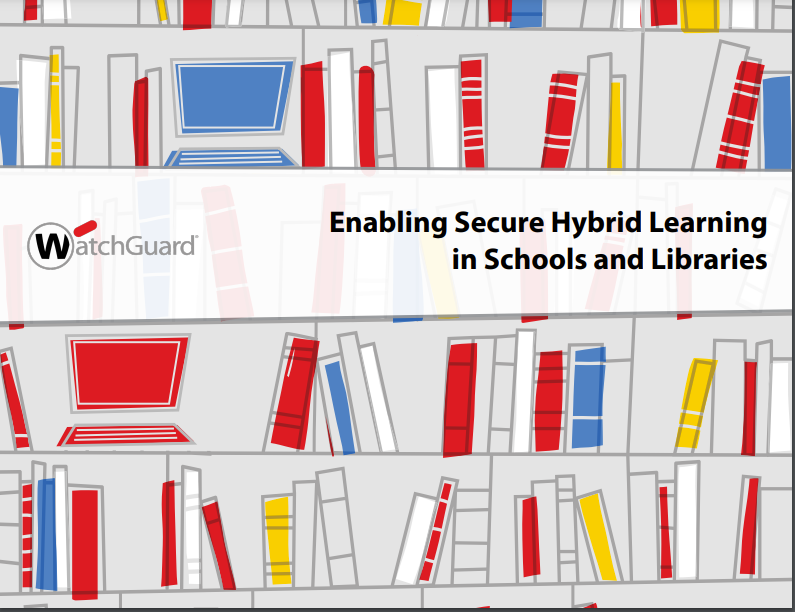Cisco to tackle BYOD challenge
Networking vendor aims to help companies secure and control personal devices.

Sign up today and you will receive a free copy of our Future Focus 2025 report - the leading guidance on AI, cybersecurity and other IT challenges as per 700+ senior executives
You are now subscribed
Your newsletter sign-up was successful
Enterprises will need to do more to control and manage personal technology brought to work by staff, according to a leading network equipment vendor.
The trend for using personal tablets, smartphones and laptops in the enterprise also known as "bring your own device" -- continues to raise data privacy and security issues, as well as concerns around device management and control.
According to Ian Foddering, chief technology officer for Cisco's UK operations, businesses need to tackle the BYOD trend, or risk exposing themselves to problems, especially around data management and security. But businesses that either ignore, or block moves for staff to bring their own equipment to work risk losing out on productivity gains, and may even become less attractive to new recruits.
"We find that the organisations we talk to fall into three groups," said Foddering. "There are those that embrace BYOD, those that ignore it, and those that block it. But the key thing is to have a policy in place, whether that is to enable BYOD, or to block it. Ignoring the issue is most likely to bring problems."
Companies that do allow staff to bring their own devices see not just savings on the cost of equipment, but also improved productivity. A recent Cisco survey suggested that younger knowledge workers might even accept a lower salary, in return for the flexibility to choose their own technology at work. According to Foddering, businesses might move to giving employees a technology allowance, along the lines of car allowances, instead of forcing them to use corporate technology.
Allowing employees to use personal devices at work does, though, have potential downsides. Security and data protection need to be addressed; so does the question of how much control the IT department has over devices that the business does not own. "You have to be very, very clear about the end-user agreements that are in place. For someone to bring in their own device, you have to be very clear what they can and cannot do on that device."
IT departments both need to control the data staff load on to personal devices, but also decide whether, for example, they need consent to wipe a personal device and personal data if the device is lost or stolen.
Sign up today and you will receive a free copy of our Future Focus 2025 report - the leading guidance on AI, cybersecurity and other IT challenges as per 700+ senior executives
Cisco has announced a "unified" approach to managing wireless devices, based on a combination of the vendor's existing network infrastructure, and integration with third party mobile device management (MDM) tools. Cisco plans to launch MDM integration this autumn.
-
 Microsoft could be planning to release a new AI bundle for Microsoft 365
Microsoft could be planning to release a new AI bundle for Microsoft 365News A new premium bundle for Microsoft 365 could add AI capabilities to traditional tiers, but rumored pricing could be a sticking point
-
 Meet the Jolla Phone, Europe’s community-developed smartphone aimed at business users
Meet the Jolla Phone, Europe’s community-developed smartphone aimed at business usersNews Pre-orders closed at 10,000 units for the Jolla Phone, which hoped to attract business and public sector users
-
 Scania admits leak of data after extortion attempt
Scania admits leak of data after extortion attemptNews Hacker stole 34,000 files from a third-party managed website, trucking company says
-
 The days of bringing your own device to work could be coming to an end
The days of bringing your own device to work could be coming to an endNews Security concerns are prompting a rethink of ‘bring your own device’ policies
-
 Capita tells pension provider to 'assume' nearly 500,000 customers' data stolen
Capita tells pension provider to 'assume' nearly 500,000 customers' data stolenCapita told the pension provider to “work on the assumption” that data had been stolen
-
 Enabling secure hybrid learning in schools
Enabling secure hybrid learning in schoolsWhitepaper The importance of creating security awareness among key players
-
 Gumtree site code made personal data of users and sellers publicly accessible
Gumtree site code made personal data of users and sellers publicly accessibleNews Anyone could scan the website's HTML code to reveal personal information belonging to users of the popular second-hand classified adverts website
-
 Pizza chain exposed 100,000 employees' Social Security numbers
Pizza chain exposed 100,000 employees' Social Security numbersNews Former and current staff at California Pizza Kitchen potentially burned by hackers
-
 83% of critical infrastructure companies have experienced breaches in the last three years
83% of critical infrastructure companies have experienced breaches in the last three yearsNews Survey finds security practices are weak if not non-existent in critical firms
-
 Identity Automation launches credential breach monitoring service
Identity Automation launches credential breach monitoring serviceNews New monitoring solution adds to the firm’s flagship RapidIdentity platform